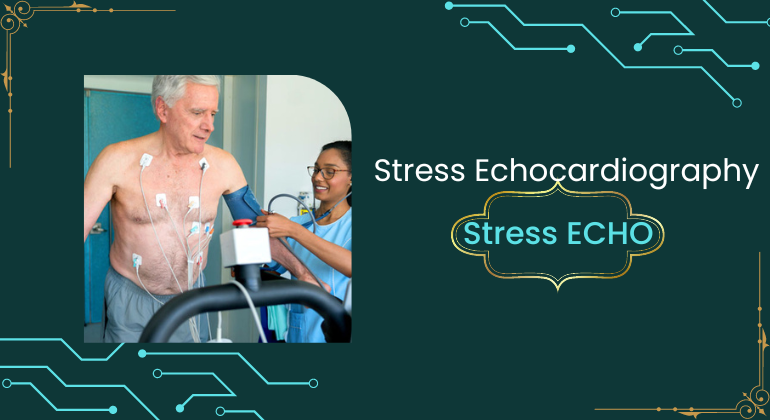
A “stress echo” is a combination of an echocardiography and exercise test. It compares how your heart muscle is pumping before and after exercise. This test takes about 40 minutes.
During the procedure, the cardiologist will take images of your heart whilst at rest. A water-soluble gel is used as a contact medium between the probe and your chest wall to improve image quality. You will feel pressure on your chest where the sonographer is imaging. Once the resting images have been taken you will be connected to an ECG machine used to perform a standard treadmill exercise test. Your cardiologist will be present throughout this part of the test and your blood pressure, heart rate and symptoms will be constantly monitored. The treadmill will increase in speed and slope. It will be stopped when you cannot walk/run any further when you have reached an appropriate target or at the cardiologist’s discretion.
At the end of the exercise test, the sonographer will take more images of your heart before your heart rate slows down. The cardiologist will compare the resting images to those taken at maximum exertion.